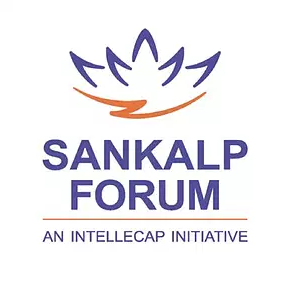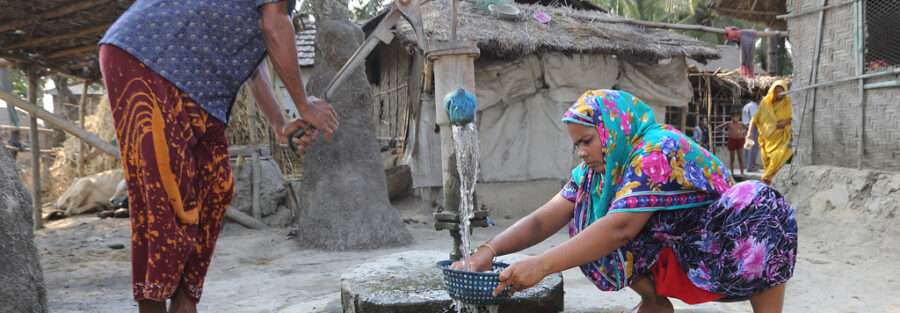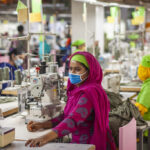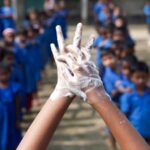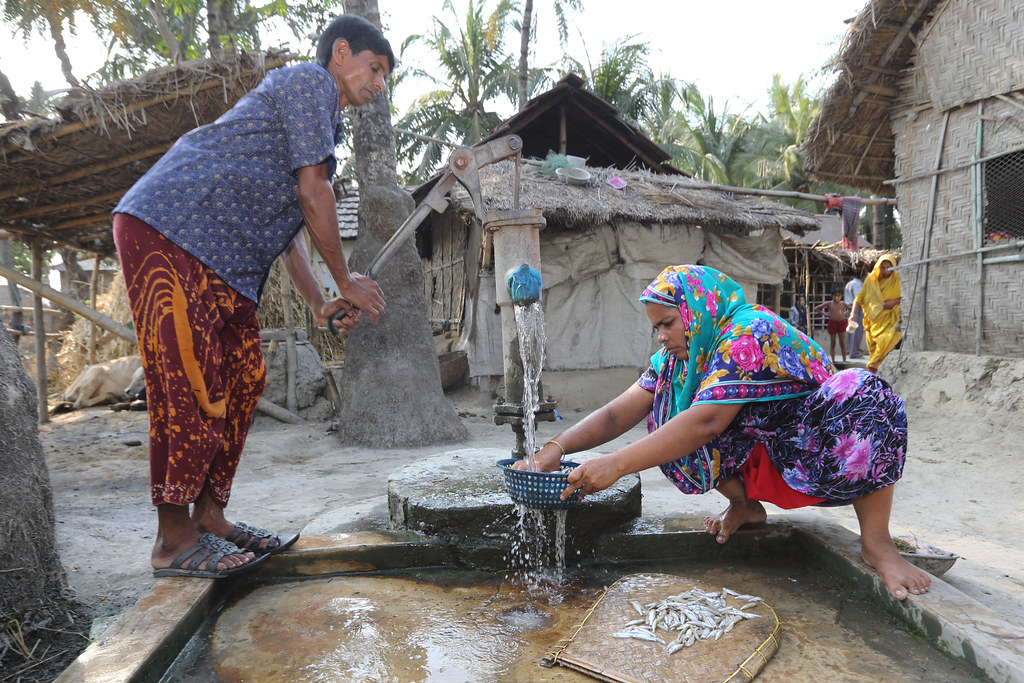

Care economy is a structural factor and influences several aspects of women’s lives – their educational attainment, their participation in the formal economy, their long-term financial status. Dimensions of Care economy can vary widely – in the urban context it may refer to childcare and eldercare, in the rural context it may refer to access to water or fuelwood. The International Labour Organisation has developed the 5R Framework for Decent Care Work, highlighting the measures needed to achieve the high road to care work while ensuring gender equality – Recognize, reduce and redistribute unpaid care work; Reward: More and decent work for care workers; and Representation, social dialogue and collective bargaining for care workers.
In Bangladesh’s ReadyMade Garment (RMG) sector, the participation of women workers has declined to 54% from 80% in the 1980s. Women cite caring for children as the main reason for leaving the garment industry followed by pregnancy and discrimination for being pregnant, age appropriateness, difficulty in balancing work and home responsibilities and working conditions including harassment, violence, long working hours and low salaries.
Phulki, an NGO, is the pioneer in establishing early childhood development programs in Bangladesh. It has set up childcare facilities in the workplace for women that are employed in garment factories in Bangladesh. Phulki also provides various training on health issues, women rights, and vocational training such as caregiver training, supervision training and others, to increase women’s financial stability. They have also established Amader Kotha 24×7 Helpline in 2014 following the Rana Plaza tragedy, to provide workers with a mechanism to report and resolve safety and other concerns in the RMG sector in Bangladesh. According to Ahlam Ahsan, CEO, Phulki, just providing services is not enough, there is a need to disseminate knowledge and create awareness for working mothers and adolescent girls. A holistic approach for child development is the need of the hour – ECCE up to 3 years of age, Primary Education from 4-6 years, continuing contact and support to children throughout their school years. It has to be a complete package not just for mothers, but for the community.
Sajida Foundation promotes social responsibility through direct investment and strategy guidance through their ‘Enterprises for Good’. The aim of Home and Community Care Ltd. (HCCL) is to Cater to the needs of the elderly and chronically-ill; through in-home caregivers, nurses, physiotherapists, and doctors. While this concept is very common in western countries, it is still new and upcoming in the South Asian context, therefore families find it difficult to accord caregivers the respect and dignity they deserve.
More than 60% of families still use wood fuels or other solid fuels for cooking in Bangladesh. ATEC Global provides households with sustainable, affordable and accessible modern cooking products – their flagship Induction technology and Biodigesters – which simultaneously generate 100% verifiable, real-time Gold Standard carbon credits. IoT functionality enhances user experience, improves service and supports impact measurement. These solutions for Clean Cooking are made affordable to households through paygo financing.
It has been seen that private sector innovations have paved the way for government initiatives in the Care Sector. Private Care Enterprises and Providers increasingly highlight the need for clear policies, laws and regulations. Moving forward, the Care Sector needs to further attract impact investors to support and scale the myriad solutions emerging in the Global South.

